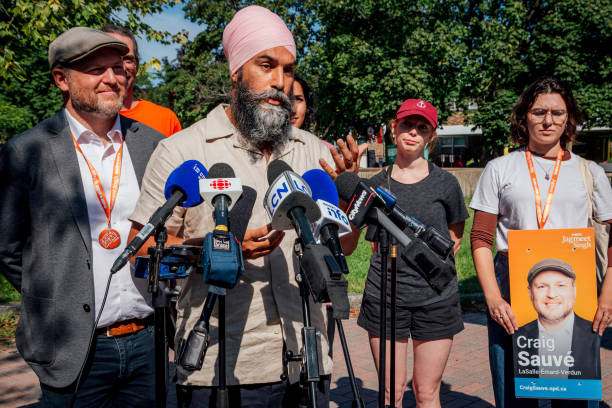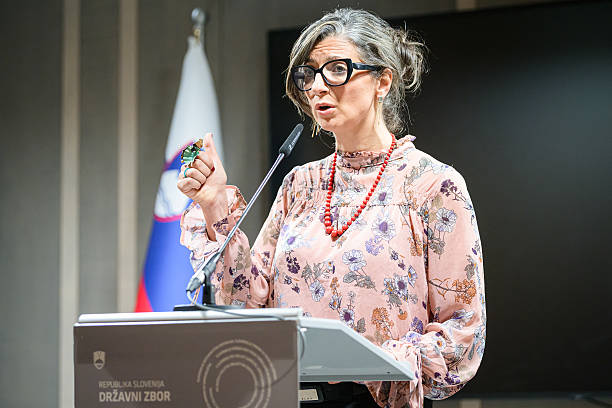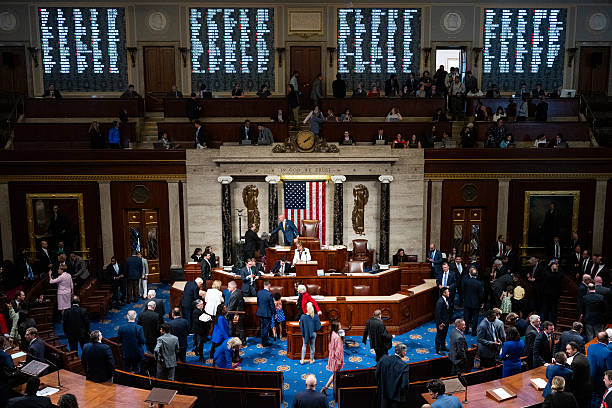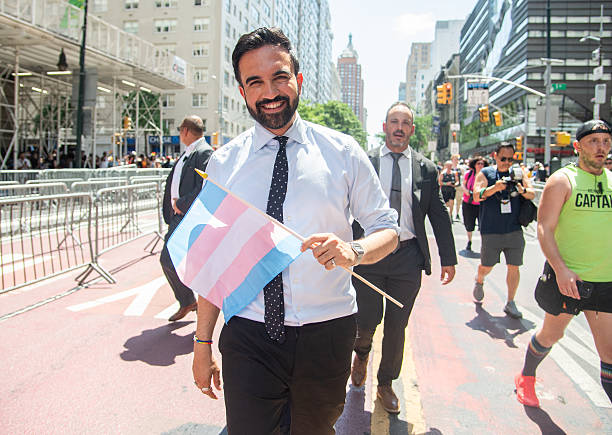By: Sahra Mohamed
As Canada heads into another federal election, the political landscape is more polarized than ever. New polling data suggests a tight race between the Liberals and Conservatives, with the New Democratic Party (NDP) struggling to maintain its position. According to an Abacus Data poll, the NDP’s support has dropped to its lowest level since Jagmeet Singh became leader, and the CBC News Poll Tracker suggests the party may not even hold on to its official status in Parliament, which requires at least 12 seats. This raises serious questions about the future of the NDP and the leadership of Jagmeet Singh.
Singh, once seen as a charismatic leader who could energize progressive voters, is facing a lot of criticism. The NDP previously agreed to support the Liberal government until June 2025 in exchange for certain policies, a decision made as public support for the Liberals declined throughout 2024. Although this agreement led to progressive wins, such as expanded dental care and pharmacare, many Canadians viewed it as a move that compromised the NDP’s independence. By aligning too closely with the Liberals, the party may have alienated voters who wanted the NDP to push for stronger reforms rather than act as a safety net for Trudeau’s government.
Singh’s leadership, once praised for its focus on social justice, now appears to lack momentum. Critics argue that he has become too distant from the electorate, failing to connect with the working-class and younger voters who were the heart of NDP support. Unlike past NDP leaders like Jack Layton, who established the NDP as a viable alternative to the Liberals and Conservatives, Singh has struggled to define it. As a result, many progressive voters may be turning to other options or, worse, choosing not to vote.
Despite its current struggles, the NDP has played a vital role in Canadian politics. The party has been instrumental in shaping major progressive policies, including universal healthcare, labor rights, and affordable housing initiatives. Although the party continues to decline in the polls, the NDP remains committed to pushing for policies that prioritize social justice, climate action, and income equality. This raises the question: If the party doesn’t need to change its core values, perhaps it needs a change in leadership?
Without an NDP presence in Parliament, there is a risk that Canada’s political landscape could shift further to the right. Pierre Poilievre, leader of the Conservative Party, has an approach that resembles Donald Trump’s rhetorics. The Conservative platform promotes values that include recognizing only two sexes, opposing certain diversity initiatives, and taking a hard stance on crime and immigration. Poilievre recently made headlines for opposing “gender neutrality,” emphasizing the importance of recognizing only two genders, as reported in National Post.
Progressive legislation could be met with greater resistance, slowing down initiatives that require bipartisan support. The absence of a strong NDP could also leave a gap in representing key voter concerns related to labor rights, healthcare accessibility, and Indigenous issues. As polls for the NDP continue to decline rapidly, Singh has no intention of stepping down. However, if the party’s struggles persist, a leadership change may become necessary. According to CBC, the NDP’s polling numbers are at their lowest in decades. Some within the party argue that a new leader could help rebuild support, while others believe Singh’s leadership remains crucial. During the launch of his campaign in Ottawa, Singh reaffirmed to the public that the party has no plans of slowing down.
If the NDP wants to regain traction, it must reconnect with its core voters and counter the ideologies presented by the Conservative Party. The party also needs to prove it can stand on its own, without relying on a Liberal majority. As the election approaches, progressive voters will need to decide whether they still believe in Singh’s leadership or if the NDP requires a new voice. The stakes are high, not just for the party, but for the future of progressive politics in Canada.










